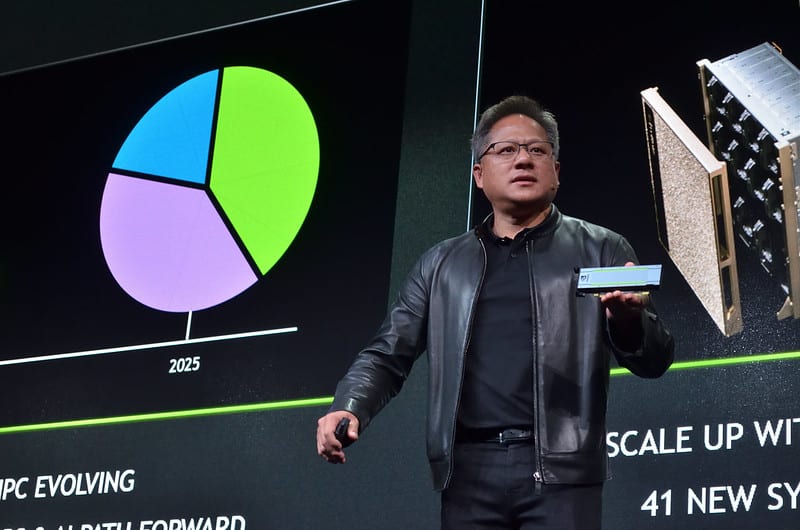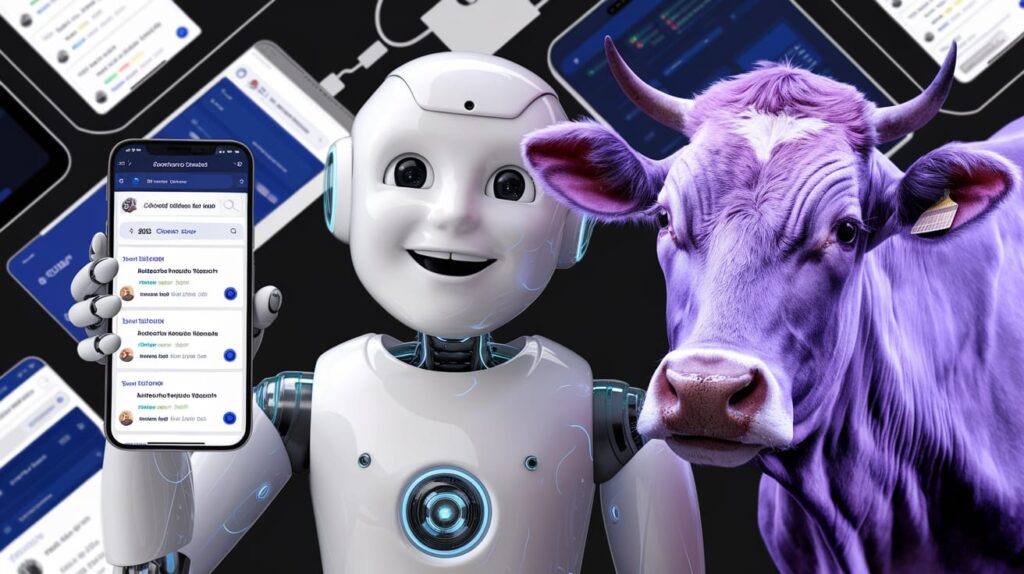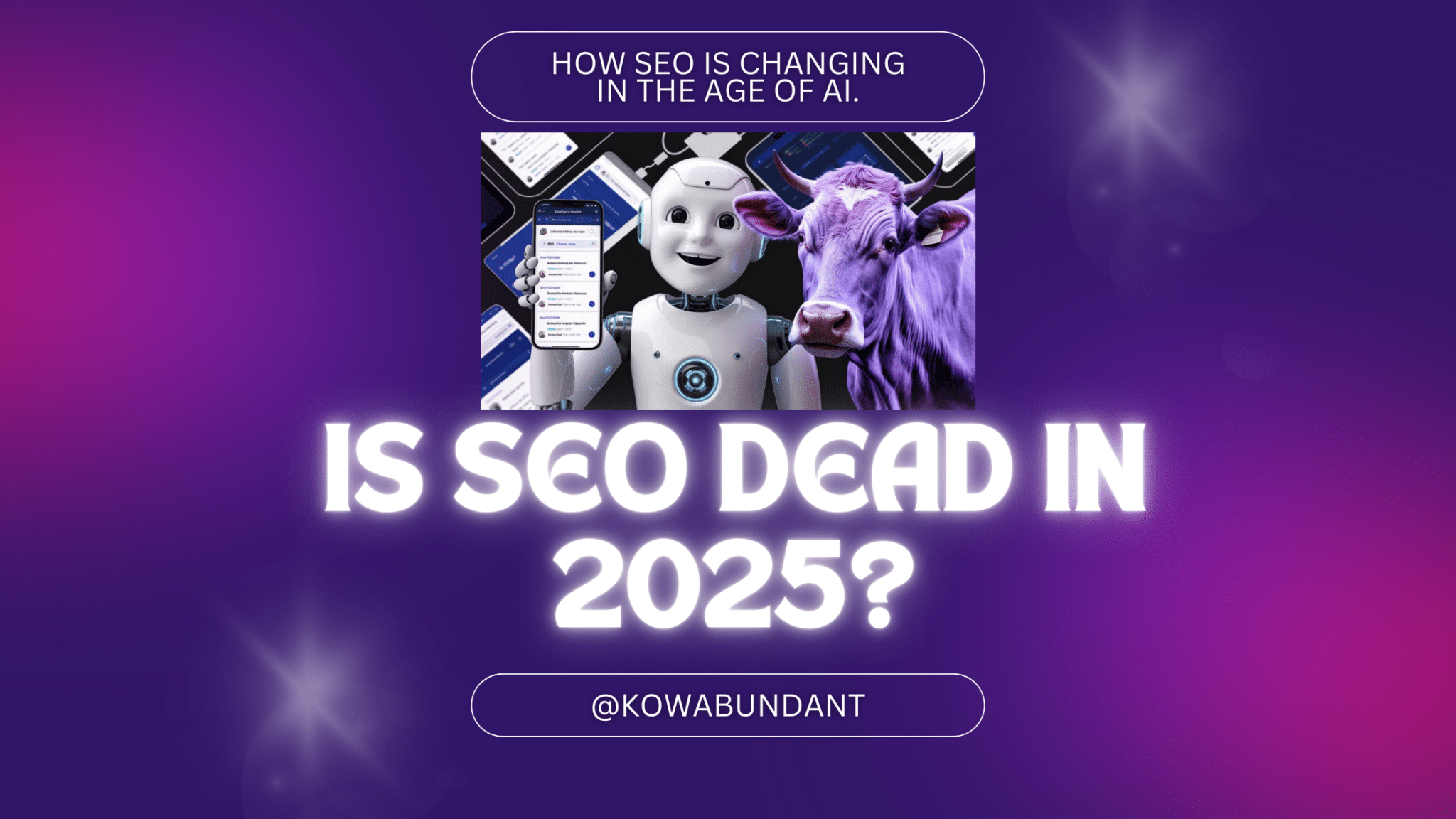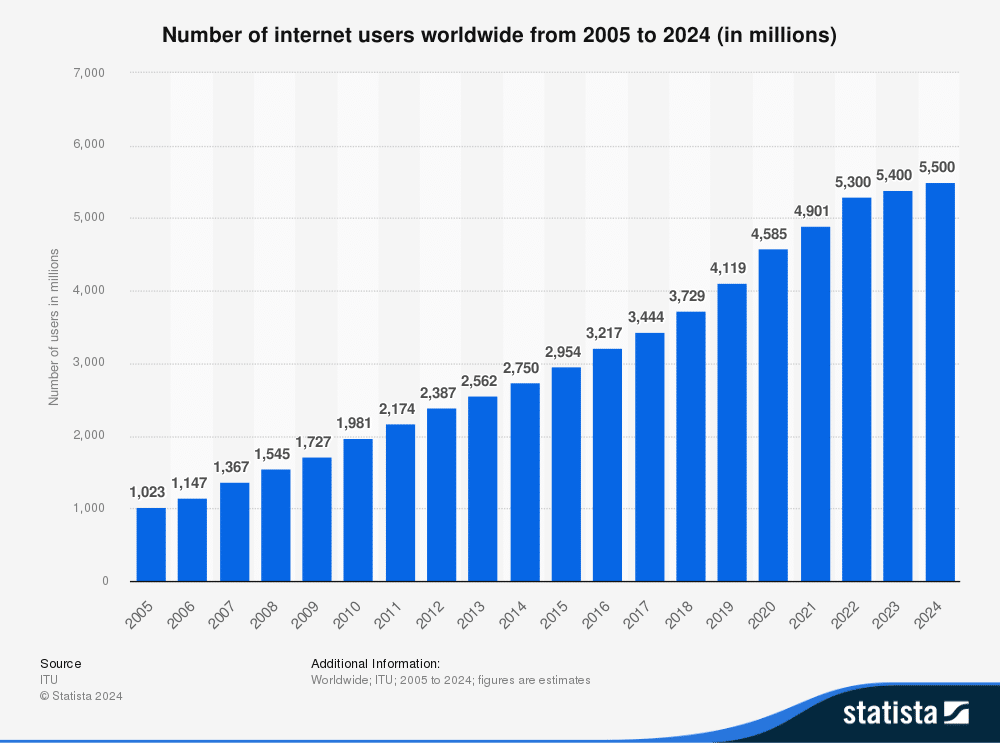Why does the question “Is SEO dead?” keep coming back each year all the way back to 2001, as noted by Google’s John Mueller who explored, “Is SEO on a dying path”? What makes this concept so persistent, even as digital landscapes shift dramatically? What is inside that magic black box of AI that so many don’t understand so they throw up their hands and scream to the heavens, “SEO is dead!”
As we look towards 2025, could the growing role of AI in search engines actually make SEO even more critical? For small businesses, how might this ever-evolving AI landscape offer unparalleled chances to adapt and thrive? These questions set the stage for exploring the enduring relevance and transformation of SEO.
The Transformation of SEO: Adapting to the AI Era
The notion that SEO is obsolete is akin to declaring cars irrelevant because of the advent of electric vehicles. The truth is, SEO is transforming. Its core mission—helping improve web pages ranking in organic results—remains intact. Although today it can be modified as–helping improve business rankings in organic results– The tools and strategies, however, are adapting to an AI-driven landscape.
Today this includes more than web pages, it includes Videos, social media posts, forum post content like reddit, a variety of platforms including web results and blogs that can further be scraped by AI even more than Google could in the past. AI enables more sources and assets to be taken and analyzed than Google’s previous pagerank models but those models are still intact and built or enhanced upon with AI algorithms.
Google’s AI advancements, such as the Gemini model, exemplify this evolution. Gemini is designed to enhance search capabilities, merging AI’s contextual understanding with traditional SEO signals. From content quality to user experience, SEO principles now underpin the very fabric of AI-enhanced search algorithms.
Growing Internet Usage: The Digital Goldmine
The growth of internet usage over the past two decades underscores SEO’s importance. In 2005, only 16% of the global population accessed the internet. By 2023, this figure skyrocketed to over 64%, driven by increasing mobile connectivity and technological advancements.
More than half of all internet traffic today comes from mobile devices, while desktop use is still important for tasks that require deeper research. How can businesses create strategies that work for both platforms? What steps can they take to make sure they connect with audiences no matter where they’re browsing? This is where AI SEO comes in or we might just call it AIO or AI Optimization.
The Role of AI: Enhancing, Not Replacing SEO
AI’s meteoric rise has bolstered SEO rather than rendered it obsolete. Google’s AI systems, such as those powering its search algorithms, thrive on the very foundations laid by SEO: structured data, high-quality content, and relevant keywords. Google’s John Mueller has repeatedly emphasized that AI-enhanced search still depends on clear, well-optimized web content.

Nvidia CEO Jensen Huang showcasing chips at SC18
This AI integration is part of a broader technological race. Major players like OpenAI, Microsoft, and Google are vying to dominate AI capabilities and market share. These “AI wars” are fueled by access to cutting-edge hardware, such as Nvidia’s A100, H100, and the forthcoming Blackwell GPUs. These chips power the vast computational networks necessary for AI’s complex operations. Notably from Time magazine, Elon Musk’s, Sam Altman, Sundar Pichai, and Mark Zuckerberg and other AI pioneers venturing into AI have further escalated this competition, showcasing the industry’s high stakes.
From Search Engines to AI-Powered Insights
Search has always evolved to meet user needs. In 1998, Google’s simple list of blue links revolutionized the industry by delivering the most relevant results quickly. For the first time, you could search a topic and find seemingly endless relevant articles about it. This seemed like magic at the time much like AI does today. Fast forward to 2025, and AI-powered search sifts through billions of web pages to provide nuanced, context-aware answers. It is the same magic trick just enhanced today.
As discussed in John Battelle’s The Search, Google’s dominance stemmed from its ability to anticipate and adapt to user needs. With products like Gemini, the company is poised to do it again, integrating AI into every facet of search. Meanwhile, competitors like OpenAI’s ChatGPT and Microsoft’s Copilot challenge Google’s supremacy, each leveraging advanced AI to redefine user experiences.
Why SEO Matters More Than Ever
For small businesses, the implications are clear: AI-driven search relies on well-structured, valuable content. To succeed in 2025’s digital landscape, businesses must:
- Create High-Quality Content: AI thrives on contextually rich, informative content. Answer questions, solve problems, and engage audiences to remain relevant.
- Prioritize User Experience: Fast-loading, mobile-friendly websites are non-negotiable for AI-driven ranking algorithms.
- Invest in Technical SEO: Structured data, schema markup, and site speed ensure AI can effectively index and utilize your content.
- AI uses enhanced SEO algos: Many of the same technical backend is built on the foundation of page rank algorithms that AI uses to serve content from user queries. This means that the same technical knowledge can be applied to rank for and master AI search in 2025 and beyond.
The Road Ahead: Navigating an AI-Driven Future
The trajectory of search, from Google’s inception to today’s AI breakthroughs, demonstrates one consistent truth: adaptation is key. As AI continues to integrate into search, businesses that embrace SEO as a dynamic, evolving tool will thrive.

AI optimization, AI SEO, is SEO Dead? a purple background with a robot and a cow
In the years ahead, expect AI to become even more central to how users interact with digital content. From voice-activated searches to augmented reality integrations, the future is both exciting and demanding. For businesses, staying informed and agile is not just an advantage—it’s a necessity as our society becomes more and more integrated with advanced chips leading the way.
SEO in 2025 is not dead. It’s the cornerstone of a digital strategy designed to navigate and excel in an AI-powered world. As the tools of the trade evolve, so too must the strategies, ensuring a bright and competitive future for those ready to adapt.

